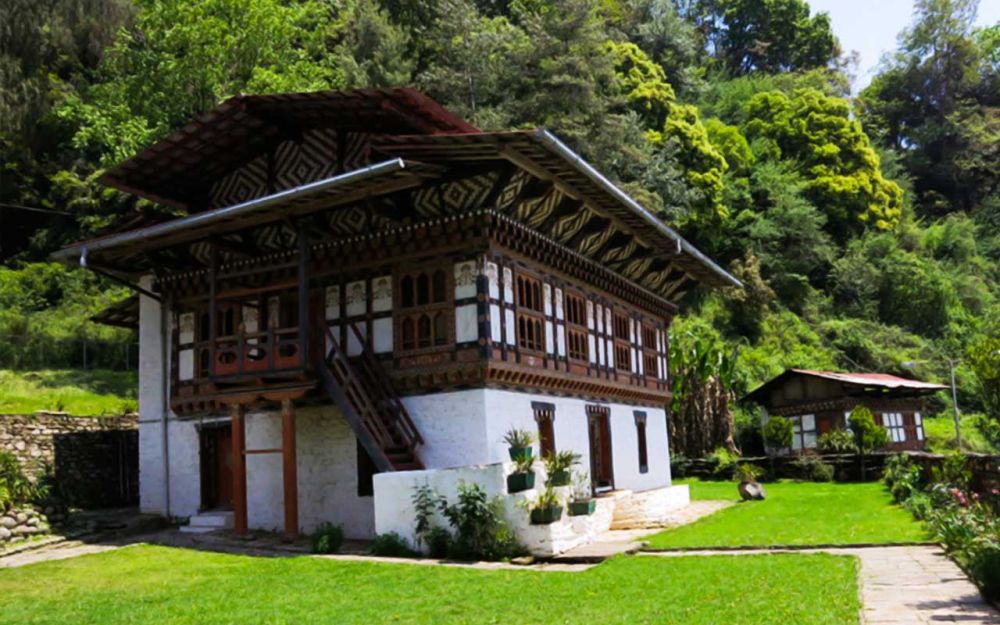

The Kingdom of Bhutan, a gem nestled in the Eastern Himalayas, has always been a country that prides itself on preserving its cultural heritage and natural environment. In the realm of tourism, Bhutan adopted a unique approach, famously known as 'High Value, Low Impact' tourism. This policy has been instrumental in protecting the country's traditions and landscapes while welcoming tourists.
The history of tourism in Trongsa, and in Bhutan as a whole, is relatively recent. Bhutan first opened its doors to tourism in 1974 in a very limited manner. It wasn't until the early 1990s that tourism began to make a more significant footprint, with the government recognizing it as a means to promote Bhutanese culture and generate revenue.
Threupang Palace holds a special place in the history of Bhutan. It serves as the birthplace of the Third King of Bhutan, His Majesty King Jigme Dorji Wangchuck, who played a pivotal role in shaping modern Bhutan. The palace is an important cultural landmark in Trongsa, located near the historically significant Trongsa Dzong.
Although lesser-known compared to other Bhutanese palaces, Threupang Palace is slowly gaining recognition among tourists who are interested in the country's royal history and architectural traditions. The palace's significance is deeply entwined with the Trongsa Dzong, one of the largest Dzongs in Bhutan, which is a major draw for tourists visiting the region.
In recent years, there has been an emphasis on sustainable and experiential travel in Bhutan. Tourists are seeking more immersive experiences that are authentic to the local culture and traditions. Threupang Palace, with its royal heritage, offers tourists a glimpse into the life of Bhutanese royalty and the nation's historical narrative.
In line with current trends, the government encourages visitors to explore beyond the well-known sites. Programs that promote engagement with local communities, and cultural experiences such as traditional festivals and monastic visits, are becoming increasingly popular.
For those looking to visit Threupang Palace, it is recommended to coordinate with a registered Bhutanese tour operator. This is in keeping with the country's tourism policy, which requires all tours to be pre-arranged and guided. Tourists are also subject to a daily tariff that covers accommodation, transportation, a guide, and meals, contributing directly to the nation's sustainable development efforts.
When planning a visit to Threupang Palace, keep in mind that it is not always open to the public, so confirm availability beforehand. It offers a serene environment to reflect on the influence of the Bhutanese monarchy as well as the country's direction into modernity, all while being surrounded by breathtaking natural beauty.